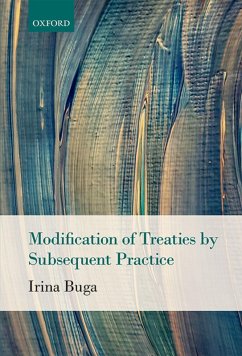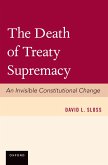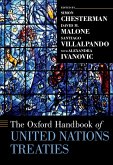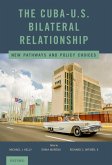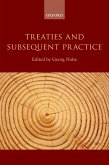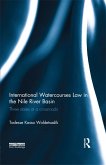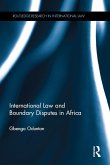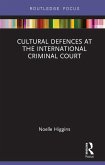While treaties can be notoriously difficult to amend by formal means, they must nevertheless be adapted over time in order to remain useful. Herein lies the role of subsequent practice as a key tool for treaty change. Subsequent practice-a well-established means of treaty interpretation-sometimes diverges from the original treaty provision to such an extent that it can no longer be said to constitute an act of interpretation or application. Rather, it becomes, in effect, one of treaty modification. The modification of treaties by subsequent practice extends to all fields of international law, from the law of the sea, environmental law, and investment law, to human rights and humanitarian law. Such modifications can have significant practical consequences, from revising or creating new rights and obligations, to establishing new institutional mechanisms. Determining when and how treaty modification by subsequent practice occurs poses difficulty to legal scholars and dispute settlement bodies alike, and impacts States' expectations as to their treaty obligations. This significant yet underexplored process is the focus of this book. Modification of Treaties by Subsequent Practice proves that subsequent practice can-under carefully defined conditions that ensure strict accordance with the will of the treaty parties-alter, supplement, and terminate treaty provisions or even entire treaty frameworks. It can also generate customary law and fuel regime interaction. Ultimately, this book demonstrates the relevance and dynamism of the process of treaty modification by subsequent practice, emphasizing the need to deal with the issue head on, and explains-on a theoretical and practical level-how it can be identified and dealt with more consistently in the future. The book thus contributes to a deeper understanding of the process of treaty modification by subsequent practice and its continued role in striking the judicious balance between the stability of treaties on the one hand, and the organic evolution of the law on the other.
Dieser Download kann aus rechtlichen Gründen nur mit Rechnungsadresse in A, B, BG, CY, CZ, D, DK, EW, E, FIN, F, GR, HR, H, IRL, I, LT, L, LR, M, NL, PL, P, R, S, SLO, SK ausgeliefert werden.

